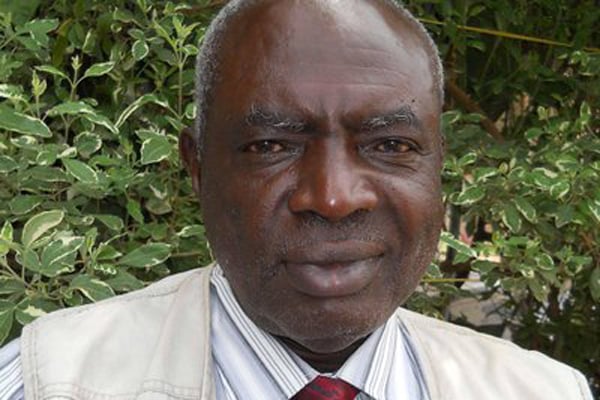Coffee prices to remain high

Author: Mr Michael Ssali. PHOTO/FILE
What you need to know:
- Let us produce more coffee.
The main cash crop for Uganda, coffee, is set to be more scarce and to attract much higher prices on the international market according to a study whose results were briefly disclosed in an article published on January 27, by the online publication, the Conversation, and authored by Denis J Murphy, Professor of Biotechnology, University of South Wales.
Climate change is to blame for the predicted sharp decline in coffee production for the giant grower countries of Latin America.
“The world could lose half of its best coffee-growing land under a moderate climate change scenario. Brazil, which is the currently world’s largest coffee producer, will see its most suitable coffee-growing land decline by 79 percent,” reads the article.
“Coffee requires a tricky mix of climate, land and soil conditions and cannot just be grown anywhere in the tropics,” further writes Professor Murphy.
Due to altered temperature and rainfall patterns, many areas will become less suitable for coffee growing, according to the article.
This news has arrived at the time when the coffee prices are encouragingly high in Uganda with farmers struggling to meet the demand for the crop whose prices have kept rising since last June, amidst reports that a devastating drought hit Brazil, the world’s most important coffee producer, and ruined nearly half of its coffee plantations.
Climate change does not worry coffee farmers only because of too frequent incidences of extreme weather patterns but also because of the destructive pests and diseases that have come with it and increased coffee tree mortality rate. It is a global issue and we are not certain if Uganda itself will escape the hostile climatic patterns that have hit fellow coffee growing countries in Latin America.
Last year Uganda produced an unprecedented seven million 60-kg bags, according to the Uganda Coffee Development Authority, and, unless things change for the worse, with hard work, we could produce more coffee in the years ahead. Professor Murphy has also written, “Coffee might even move from a cheap everyday beverage to a prized treat to be sampled on special occasions, rather like a fine wine.”



